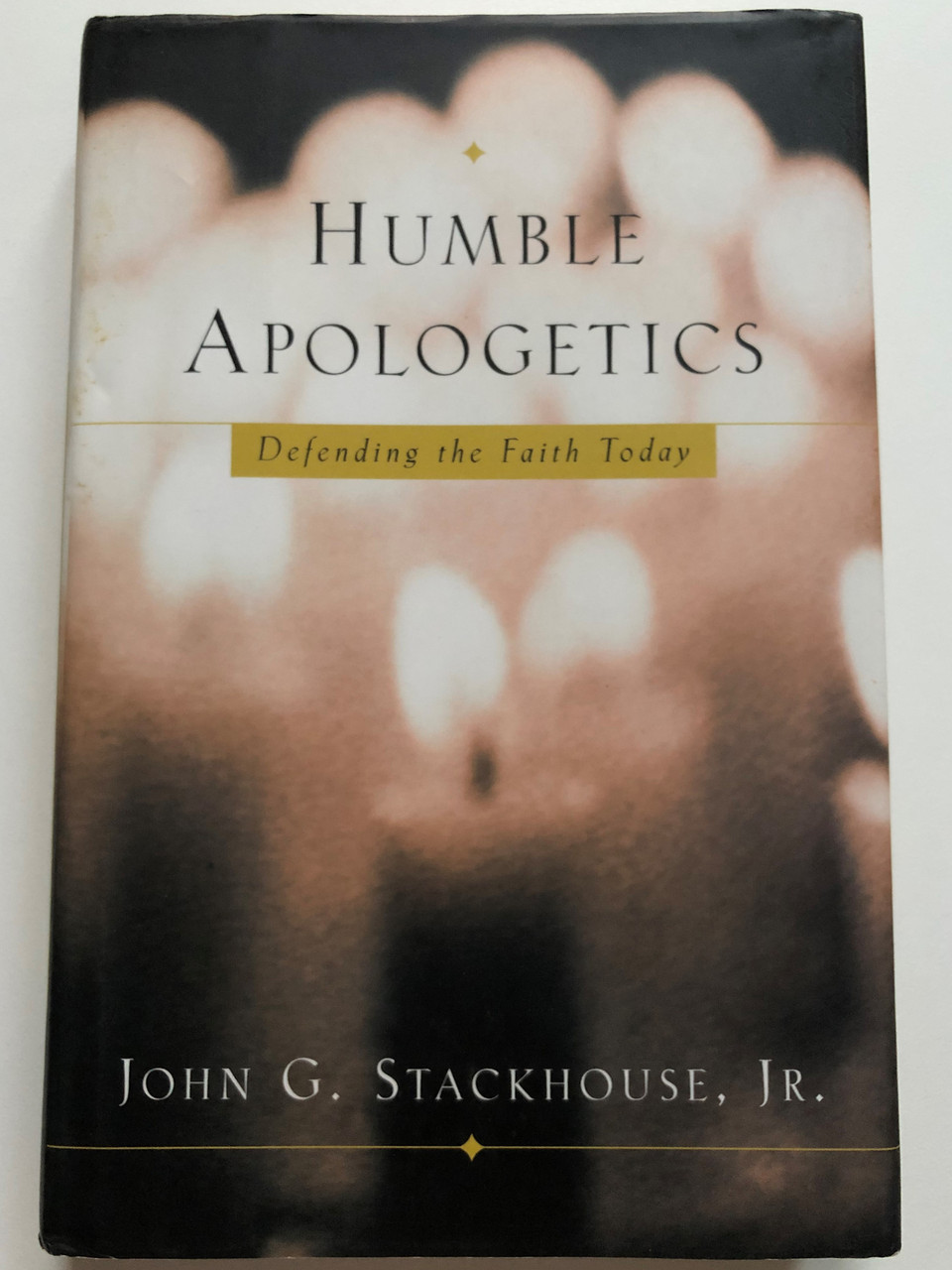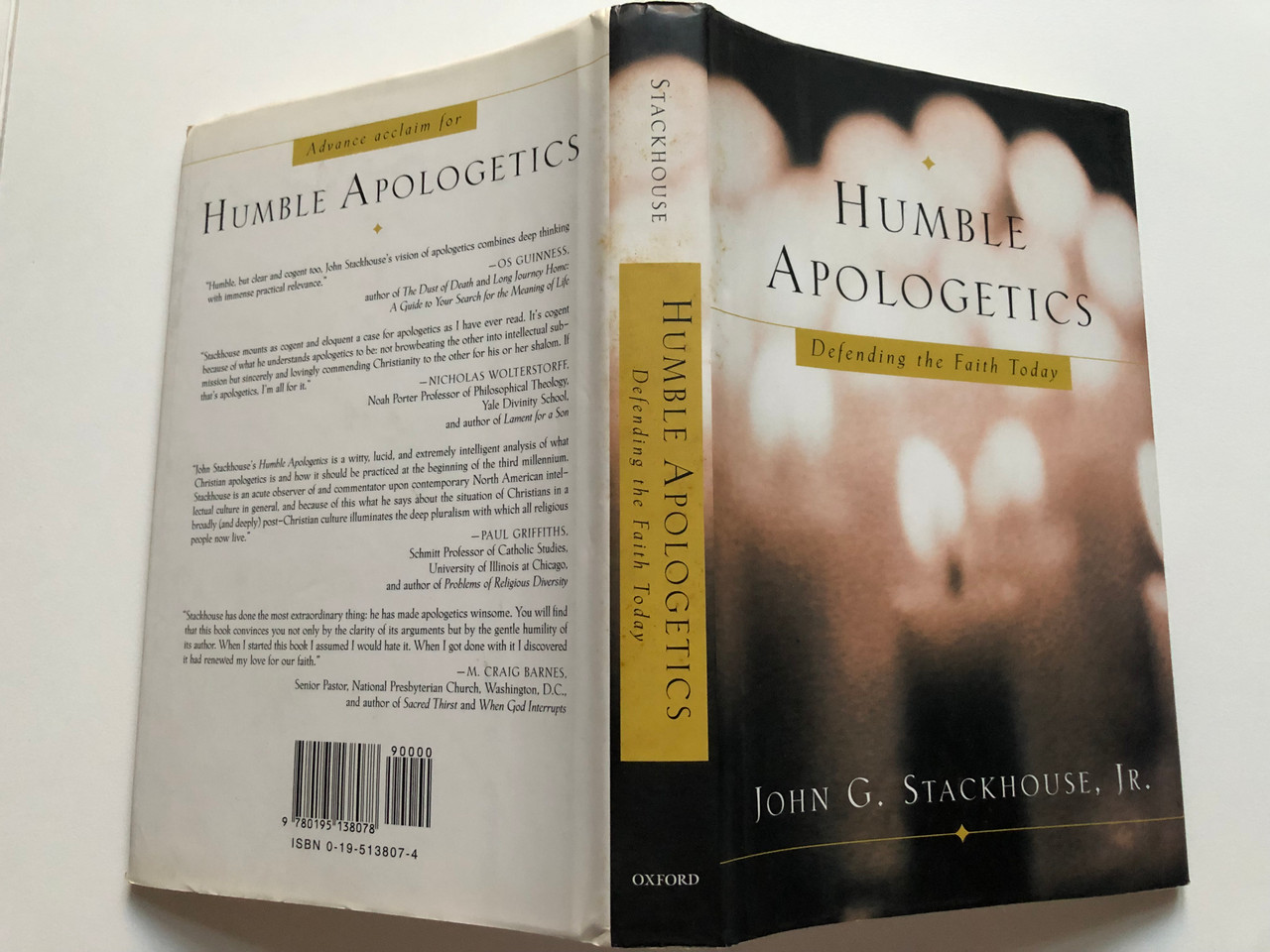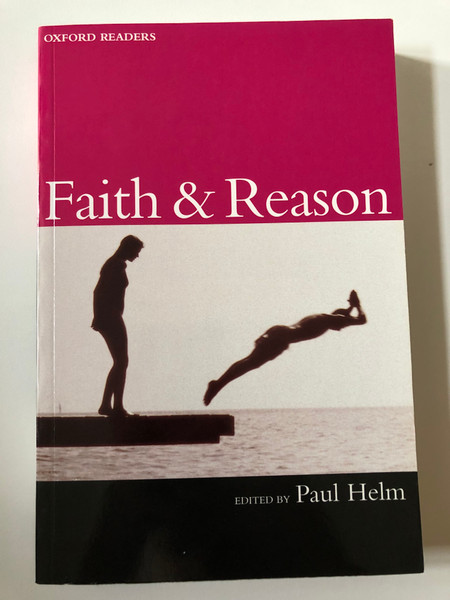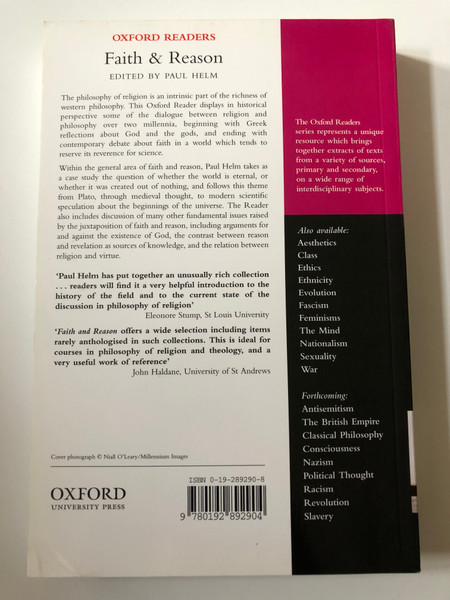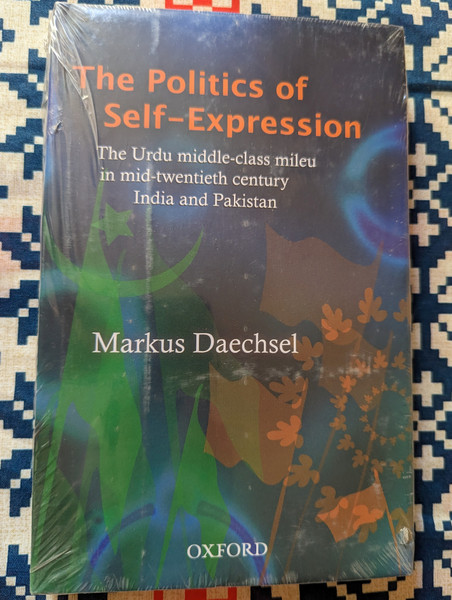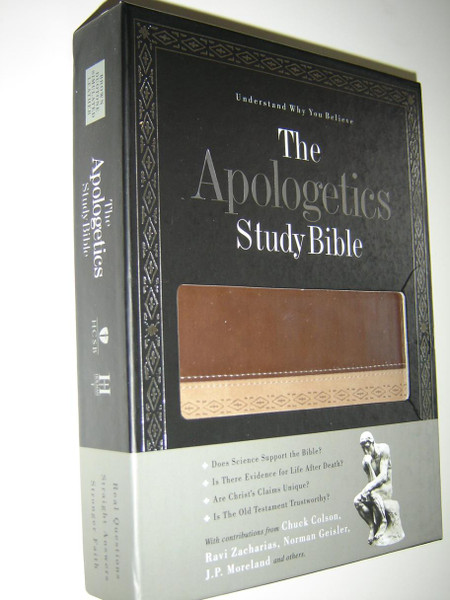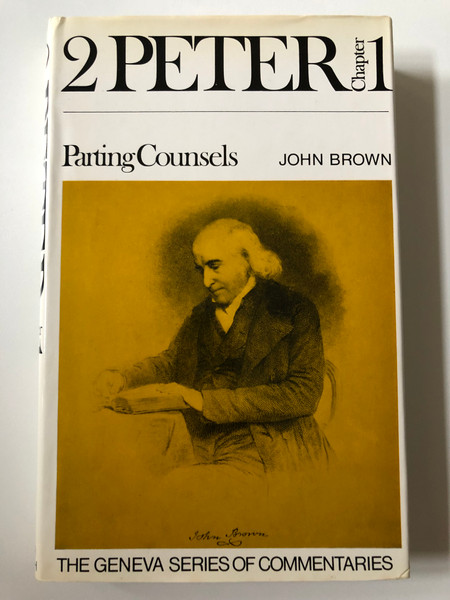Humble Apologetics: Defending the Faith Today
ISBN: 9780195138078 / 0195138074
Overview
Humble Apologetics: Defending the Faith Today by John G. Stackhouse Jr. addresses the complex challenge of engaging in Christian apologetics in an era characterized by religious and cultural pluralism. With a rich background as a historian, philosopher, journalist, and theologian, Stackhouse offers profound insights into how believers can share their faith effectively without alienating others. He emphasizes the importance of humility and genuine connection over dogmatism and arrogance, making a compelling case for how love can open doors for meaningful conversations about faith.
Product Features
- Author: John G. Stackhouse Jr.
- Format: Hardcover
- Language: English
- Pages: 280
- ISBN-10: 0195138074
- ISBN-13: 978-0195138078
- Lexile Measure: 1300L
- Item Weight: 1.03 pounds
- Dimensions: 8.56 x 0.94 x 5.72 inches
Key Themes
- Engaging Pluralism: Stackhouse addresses the challenges posed by modern pluralism, postmodernism, and skepticism in communicating the Christian message.
- The Role of Humility: The author advocates for a humble approach to apologetics, emphasizing that conversion cannot be forced, but can be facilitated through authentic encounters with Jesus.
- Real-Life Experience: Drawing from personal anecdotes, Stackhouse writes with engaging directness, making complex ideas accessible to readers.
Publisher
- Publisher: Oxford University Press
- Publication Date: November 14, 2002
Reviews
Readers have praised Humble Apologetics for its thoughtful approach and practical guidance on sharing faith in a skeptical world. Stackhouse's ability to address tough questions with clarity and grace has made this book a valuable resource for both seasoned apologists and newcomers alike.
“We welcome your thoughts! Share your review of Humble Apologetics: Defending the Faith Today to help others navigate their faith journeys.”
Hashtags
#HumbleApologetics #JohnStackhouse #ChristianFaith #CulturalPluralism #Apologetics #PostmodernFaith #FaithConversations
From Publishers Weekly
Classic Christian apologetics involved a defense (apologia) of the faith, often in the face of questions generated by non-Christians. Generally, the practice of apologetics has gone out of fashion in an era of ecumenical dialogue and religious pluralism, leaving mostly fundamentalists to engage in the hard-nosed form of apologetics that is more a condemnation of other religions than a defense of Christianity. Stackhouse, who teaches theology and culture at Regent College in Vancouver, rather shakily attempts to restore the dignity of apologetics in the contemporary world. He examines several of the challenges that today's apologists face, including the relativism of postmodernism and pluralism as well as the self-centered nature of consumerism. He argues that apologetics involves more than a defense of the faith; its goal is conversion, though this should be achieved by competently defending the Christian faith, not unduly condemning other religions. Finally, Stackhouse offers helpful guidelines for apologetic conversations, such as "teach first, preach second," "clarify the most important questions," "focus on Jesus" and "read the Bible." Stackhouse's examination of postmodernism and pluralism depends too heavily on second-hand evangelical sources for definitions of these phenomena, and sets up a false picture of the challenges facing Christian apologetics. At the same time, his emphasis on conversion misses the point of apologetics, and it is perhaps more proper to say that Stackhouse has here offered a humble theory of proselytizing rather than a humble apologetics. Unfortunately, Stackhouse's simplistic guidelines will not go very far toward reviving apologetics from disuse.
Copyright 2002 Reed Business Information, Inc.
From Library Journal
Stackhouse (theology and culture, Regent Coll., Vancouver; Can God Be Trusted?) provides an overview of the difficulties of engaging in Christian apologetics in the postmodern, "post-Christian," pluralistic 21st century. His goal is to instruct Christians on how best to present their faith to others. He argues, for instance, that contemporary apologists do not have the luxury of the homogeneous, largely receptive audience available to C.S. Lewis when he wrote his classic Mere Christianity. Though a conservative evangelical, Stackhouse states that all he can do is to affirm that Christianity presents the best belief system of all the religious faiths with which he is familiar and to explain why this is true for him personally. He encourages apologists to tailor their message to their specific audience and to listen and empathize as much as to talk. He makes a lucid and thoughtful case that this humble approach, will be the only effective one for sharing one's faith with others in these times. Though literal evangelicals will bristle at the author's compromising approach, this book will have broad appeal and is recommended for public and undergraduate libraries.
Richard S. Watts, San Bernardino Cty. Lib., CA
Copyright 2002 Reed Business Information, Inc.
Review
"This book is an aplolgetics that has internalized the legitimate concerns of postmodernity, religious relativism, and human freedom, and thus manages to reveal apologetics not as the theological blunderbuss that it once was, but as a loving engagement with people, driven by a desire to share belief, not overwhelm the opposition." --Religious Studies Review
From the Author
'Tis a pity the Publishers Weekly reviewer seems not to like, or even fully understand, my book. It will indeed trouble both those who see apologetics as outmoded in favour of just being nice in so-called interreligious dialogue, and those who still want apologetics to be a religious contest of all-or-nothing, "kill or be killed." But reviewers for the Library Journal, Dallas Morning News, and other media do like and understand the book, as do those who wrote appreciative blurbs for it, including Dr. Os Guinness of the Trinity Forum and Dr. Nicholas Wolterstorff of Yale University. So I hope Amazon customers will give it a good look.
